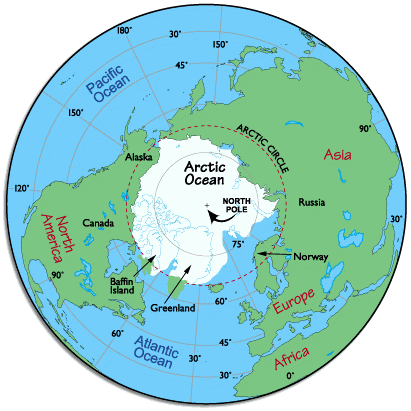
Practical information
Lunch debate with Lassi Heininen, University lecturer and Adjunct Professor at the faculty of Social Sciences, University of Lapland, Finland.
Dr. Lassi Heininen presented during his study “Arctic Strategies and Policies. Inventory and Comparative Study” during the lunch debate at Ifri Brussels.
He highlighted the main challenges for the Arctic region (sovereignty and national security, energy resources, climate change and transportation, among other issues) and made an overview of the priorities of each of the eight Arctic States: Canada, the Kingdom of Denmark, Finland, Iceland, Norway, Russia, Sweden and the United States, and also, the European Union.
In his opinion, the Arctic is a peaceful and stable region which could become a model for international cooperation, despite increasing talks of a race for natural resources in the region. He said that we have to consider the Arctic as a new region with challenges, not as the scenario for a new cold war.
He added that the Arctic is affected by globalized with issues such as energy security and increasingly interested actors, such as China and South Korea. Yet, the Arctic countries have yet to appreciate those emerging aspects.
Other events

From Ambition to Action: Exploring Technological Partnerships with India
The 16th EU-India Summit, held on January 27th in New Delhi with European leaders António Costa, Ursula von der Leyen, and Prime Minister Narendra Modi, marks a significant milestone in deepening EU-India relations. At the same time, official bilateral visits from EU member states are on the rise, including that of the French President, who visited India in February to participate in the Artificial Intelligence Summit. As India asserts its technological ambitions and seeks to reduce its dependence on China, Europe is stepping up its efforts to diversify its strategic partnerships.

The Enlargement of the European Union: A Strategic Choice? France, the Western Balkans and the EU in an Uncertain Geopolitical Context
Russia’s war against Ukraine has brought the enlargement of the European Union back to the centre of European strategic debates. In this context, the Western Balkans have regained heightened visibility in discussions on the continent’s security, at a time when the international environment is marked by a growing number of destabilising factors.






